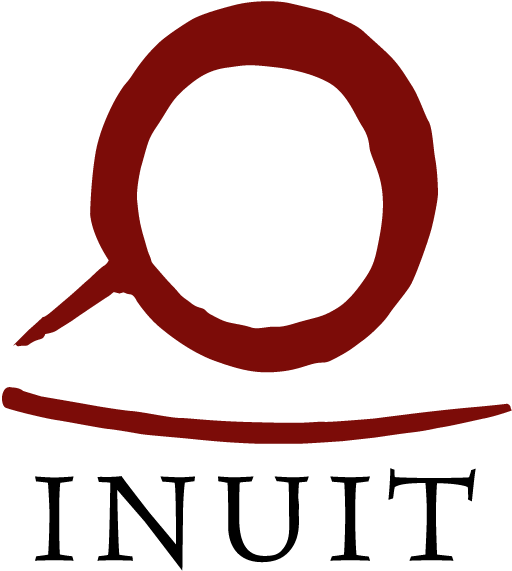ICC and Indigenous Peoples Rights
As an NGO and an Indigenous Peoples Organisation (IPO) Inuit Circumpolar Council is ECOSOC accredited as having consultative status (category II list). This means that ICC can have participants and observers at the different UN bodies’ meetings and sessions.
The United Nations has four different bodies that work directly with Indigenous Peoples issues.
In the UN work and work to promote the rights of indigenous peoples, the UN operates with three mandate areas.
- The Permanent Forum on Indigenous Issues (UNPFII) under ECOSOC,
- The Expert Mechanism on the Rights of Indigenous Peoples (EMRIP) and the
- Special Rapporteur on the rights of indigenous peoples, both under the Human Rights Council.
- Voluntary Fund for Indigenous Peoples
ICC will continue to work on getting Inuit and the rights of all indigenous peoples. This should happen by working for the UN Declaration of Indigenous Peoples Rights (UNDRIP) to be recognized as an internationally binding human rights instrument. The ICC’s advisory status at the UN created the opportunity to promote indigenous peoples’ rights to countries, territories and resources, as recognized in UNDRIP.
In the UN work and work to promote the rights of indigenous peoples, the UN operates with the four mandate areas mentioned above.
Inuit Circumpolar Council, together with numerous other Indigenous Peoples organisations, works for an international recognition of the rights of indigenous peoples.
The United Nations Declaration on the Rights of Indigenous Peoples was adopted in September 2007. ICC has through the years participated in the work and promoted the Declaration both in the UN and in other forums.
International Labour Organisation conv. 169
United Nation Declaration on the rights of Indeginous Peoples

